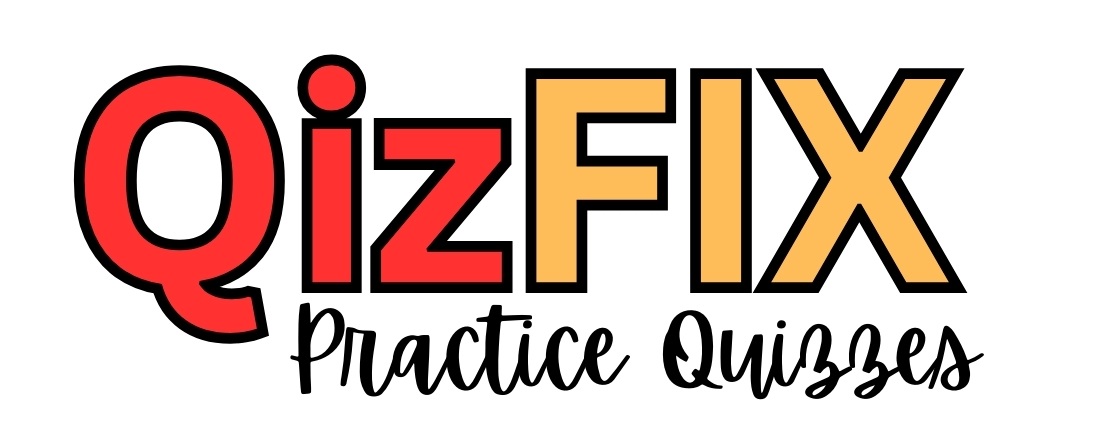1.GDP measures the value of __________.
final goods and services
2.What are two methods of calculating GDP?
income and expenditure approach
3.Why does the multiplier effect exist?
Because a change in expenditure leads to changes in income, generating further spending
4.What correlation did A.W. Phillips notice that became the basis for the Phillips curve?
An inverse relationship between money and wage changes and unemployment
5.What is an example of a tax that can be imposed by federal, state, and local authorities?
Income tax
6. GDP can be evaluated by multiple formulaic mechanisms.
The output, income, and expenditure approach are three formulaic measures of GDP.
7. How does savings become investment?
Through the repackaging and sale of depository assets.
8. Which of the following economic conditions raised many concerns about the usefullness of the Phillips curve?
Stagflation
9. The position of the long run Phillips curve is determined by which of the following?
The natural unemployment rate
10.What describes the relationship between economic agents?
Circular flow describes how goods and service exchange hands and how economic agents are interconnected.
11. According to Keynes, how does increased government spending affect an economy during a recession?
Raises aggregate demand and increases consumption and production
12. Which of the following is a financial intermediary?
All of these
13. Tax collection is done by ________ and the appropriation of tax revenue is done by ________.
the IRS; Congress
14. Why do governments often engage in expansionary fiscal policy during a recession?
To increase aggregate demand, which in turn boosts output and employment
15. Expansionary fiscal policy can be achieved through ____________.
higher government spending and/or tax cuts
16. What is the major function of financial intermediaries?
All of these answers
17. What are two methods of calculating GDP?
income and expenditure approach
18. According to economic theory, what will happen when aggregate demand pushes output beyond an economy’s capacity constraints?
A large increase in prices and a small increase in output
19. Which of the following is a list of the components of GDP?
Consumption, government expenditure, investment and net exports
20. Contractionary fiscal policy will cause a(n) __________ in government spending and shift the aggregate demand curve to the _________.
decrease; left
21.The government taxes consumers in order to _________
All of the these.
22. Provide public services that would not be available otherwise.
There will be a surplus of loanable funds
23. The longer the time horizon to an investment’s maturity, the ________ the expected risk and the _________ the expected risk premium.
higher; higher
24. If the interest rate is 5% and a firm issues a five year bond for $1,000, approximately how much will the firm repay at the end of the five years?
$1,282
25. What is the future value of $105 invested for one year at 7%?
$112
26. Which of these statements best establishes the relationship between risk and return on investment?
The higher the risk, the higher the expected return
27. Paying corporate and payroll taxes are the responsibility of the ___________.
corporation
28. If a sum of money is invested for one year at 9% interest, it’s value will be $120. What is the present value of this investment?
$110
29. If demand is inelastic then, most of the tax burden levied on the suppliers of a good will be paid by __________.
consumers
30. The securities market line assists in evaluating an asset’s ________ and __________.
risk; return
31. An ad valorem tax is ______________.
charged based on the value of the good or service being sold
32. Horizontal equity is most closely aligned with ______________ taxes.
progressive
33. How does the imposition of a tax impact surplus?
A tax can lead to a reduction overall surplus (producer and consumer)
Other Links:
See other websites for quiz:
Check on QUIZLET
